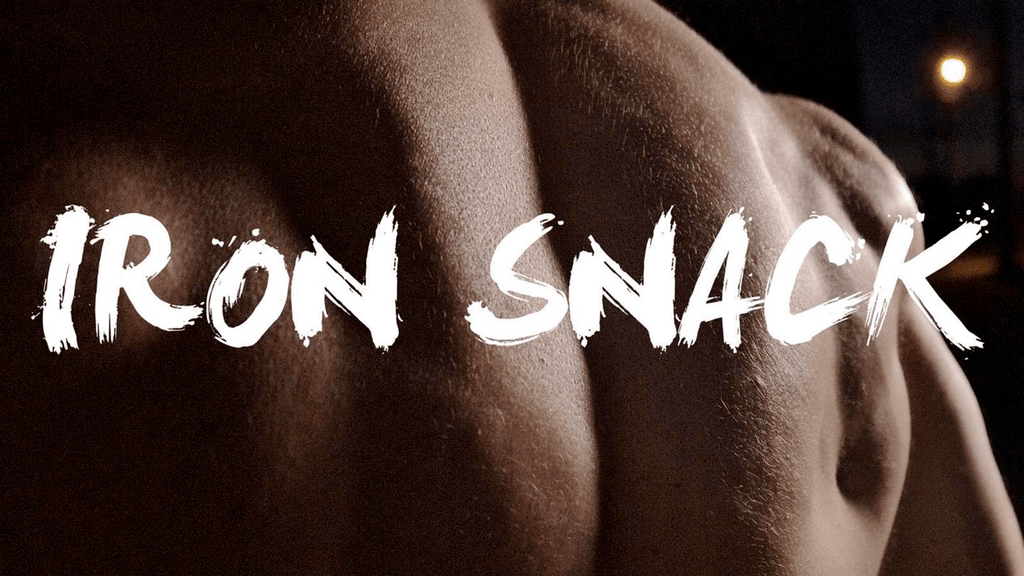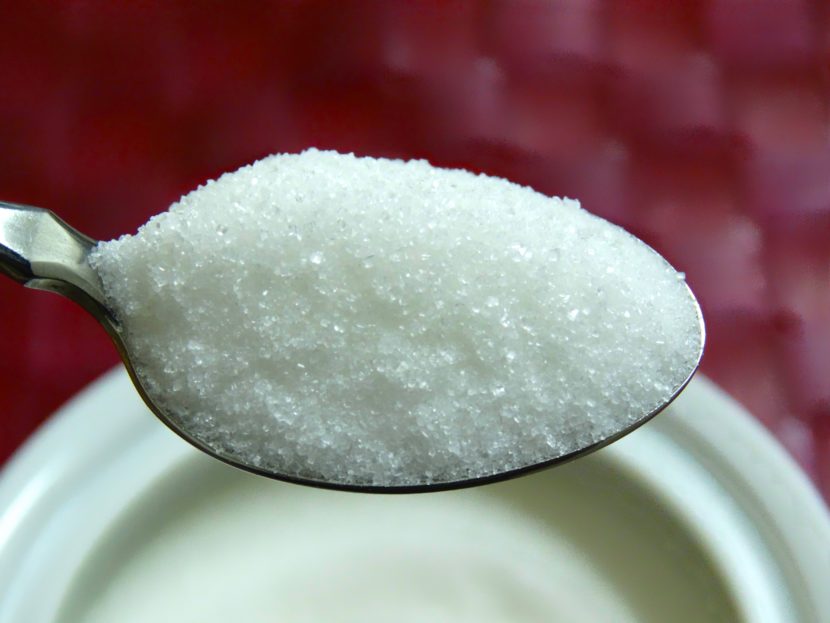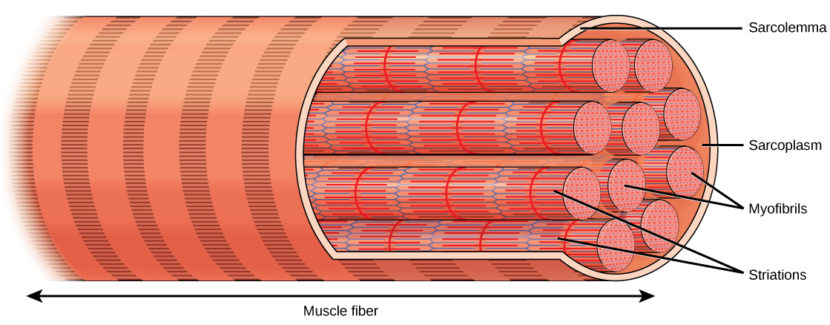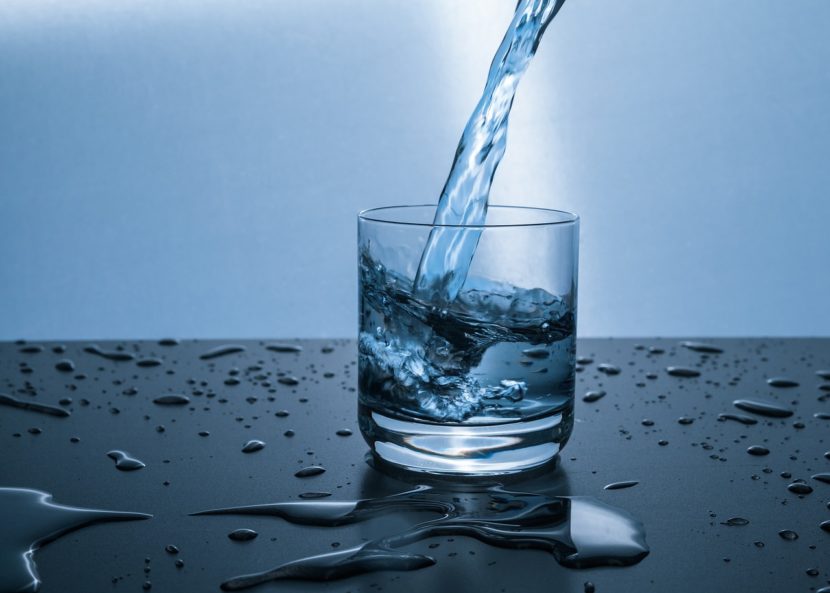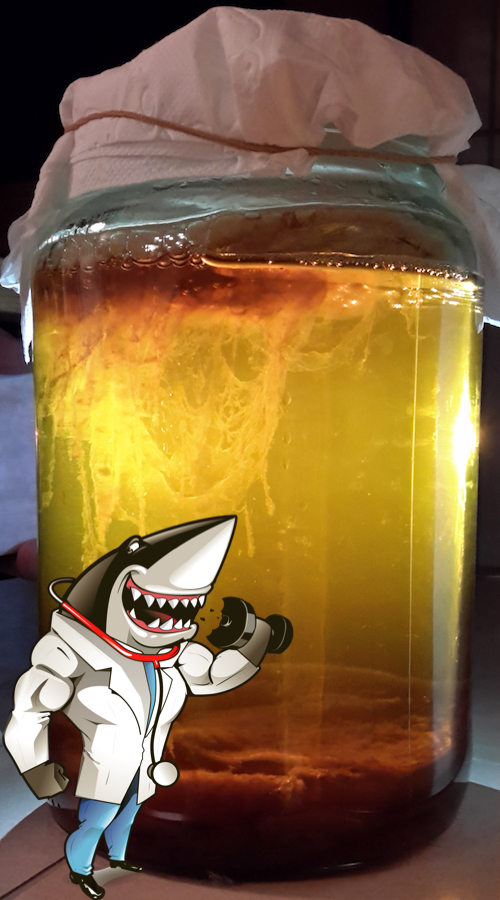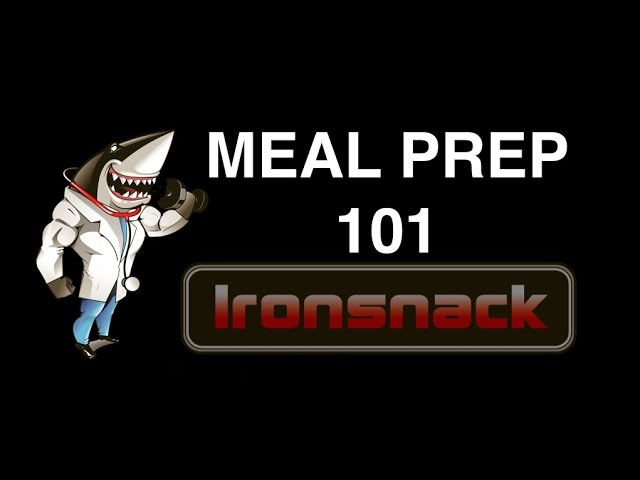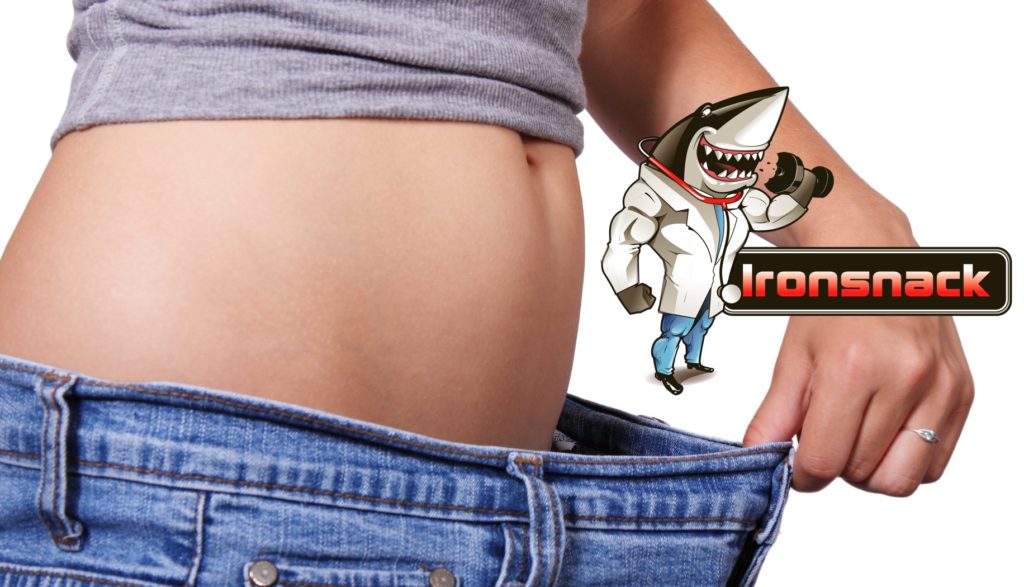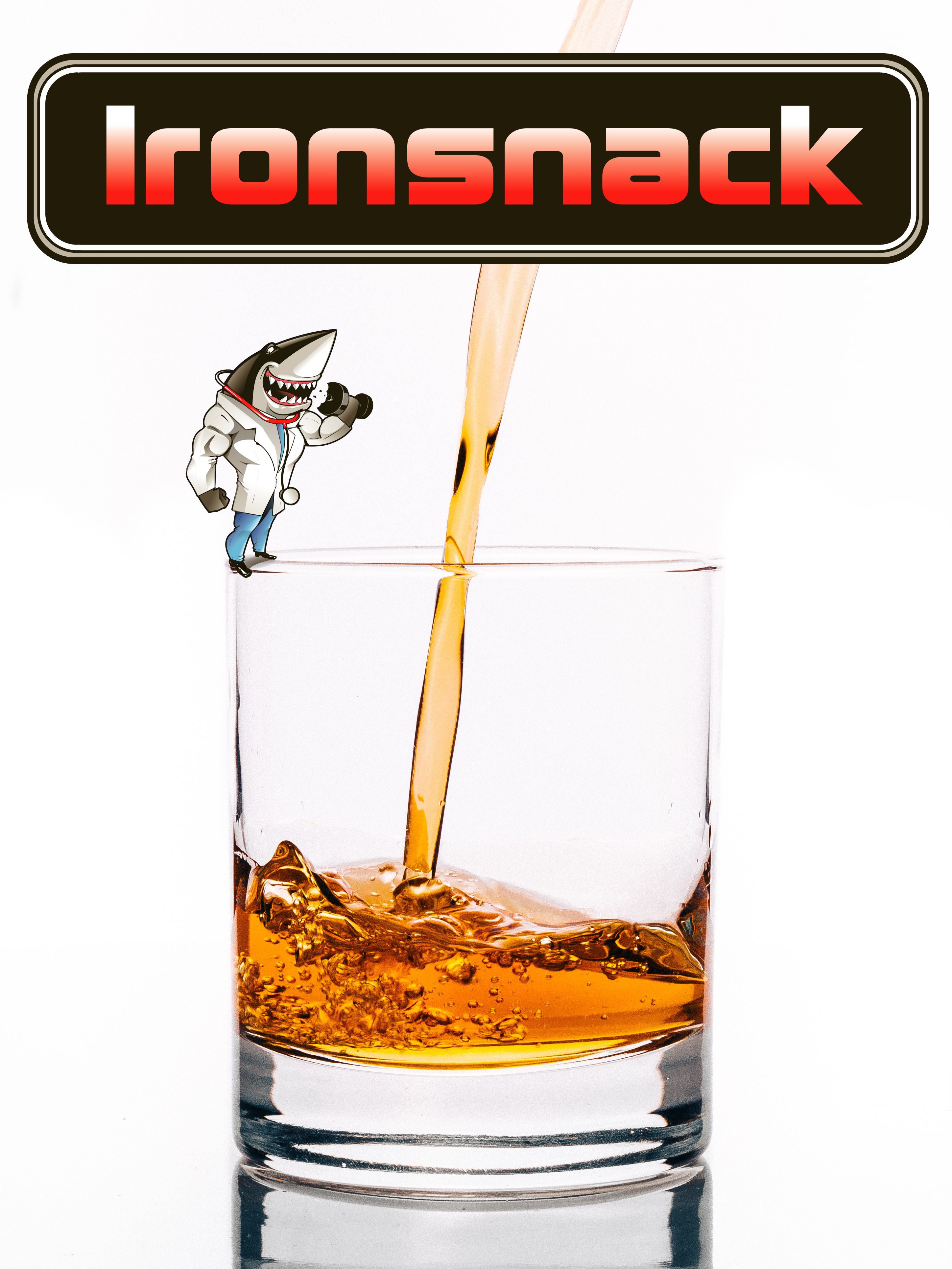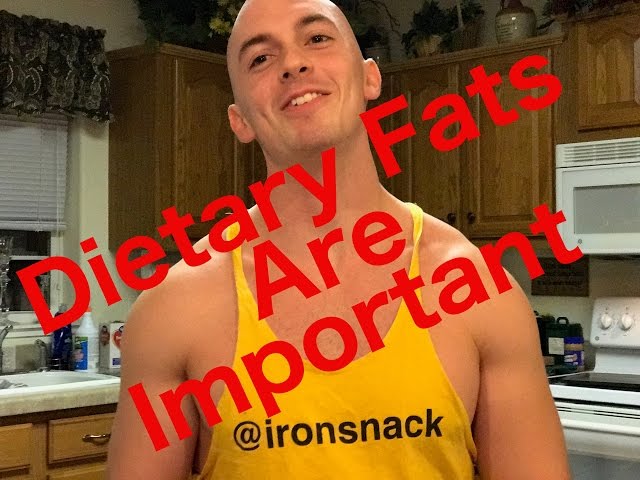Fat is Wack
One of the most common resolutions for the new year is to lose some extra weight. Today we discuss the complicated topic of obesity. In the past it has always seemed very reasonable to accept the fact that many of us needed to lose some weight. However, recently there has a push against fighting obesity which some people consider “fat shaming.” We have been told that we should accept our bodies and “love our fat.” We want to put the scientific evidence above these feelings with a hope that everyone can meet their nutrition and fitness goals in the new year. The science speaks strongly against the idea of loving your fat. If you choose to embrace your weight there can be dire consequences.
Simply Put Fat Can Kill You
In medicine we can use body mass index which is a persons weight in kilograms divided by their height in meters squared. We can classify people in categories such as overweight and obese. People are considered overweight when their BMI is over 25. A BMI over 30 will qualify you as obese. We don’t do this to label people for the sake of labeling. We do it because BMI is is associated with increased rate of death from all causes, especially when BMIs exceed 25. This isn’t based on a fluke or a feeling, but rather comes from a study of over 30 million people who were obese or overweight. Now some people may question this and say “Well I am just fat but my blood pressure, cholesterol, and blood sugar are all normal!” Research has shown that obese people with normal labs and blood pressure still have an increased risk of death compared to normal weight individuals. BMIs in the 30-35 range can mean dying on average 2-4 years earlier. BMI of 40-45 can reduce your life as much to 8-10 years. We all know that smoking is bad, the risk fo death from obesity is similar to that of smoking.
How about disease related to obesity?
Obesity is literally associated with hundreds of diseases. Here is a short list of a few. Diabetes, high cholesterol, high blood pressure, heart disease, abnormal heart rhythm, stroke, blood clots, arthritis, gout, fatty liver disease, reflex, sleep apnea, infection, and cancer. Just the list of cancers associated with being obese is quite long and includes endometrial, gallbladder, kidney, liver, colon, cervical, thyroid, ovarian, breast, and blood cancers. The worst part is those who are obese are not only more likely to get these types of cancers but also more likely to die from them. If the general health risks of obesity don’t worry you enough the effects of obesity also extend into sexual health. Obesity can cause abnormal menstrual cycles and make possibly cause infertility. During pregnancy there is also a higher risk of health problems in the mother and the baby. Sexual arousal and issues with orgasm is also more likely in women that are obese. For men, obesity is an risk factor for erectile dysfunction.
Combating fat!
Will all these health problems related to obesity here is what you can do. Start a healthy diet that is balanced and restrict your calories to below your daily energy expenditure. You can find more details on that here in our article “Getting started on your Fitness Journey”. Exercise is also an important part of the solution. Exercise will help you burn calories, increasing your daily energy expenditure. You can find many workout routines online or you could have a custom plan designed for you to help with weight loss. Research shows that unfit individuals who are obese have twice the risk of death compared to obese people who work out.
Putting Fat Behind US
Obesity has exceeded smoking as the number one cause of preventable disease and disability. We should all be able to agree that we should never shame obese people but maybe it is time to shame fat. We need to move away from “loving our fat.” Let us all help one another to become healthier, fitter, and thinner in the new year.
Sources For Fat is Wack:
Fitness vs. fatness on all-cause mortality: a meta-analysis.
Adiposity as compared with physical activity in predicting mortality among women.
The adverse effects of obesity on conception and implantation.
